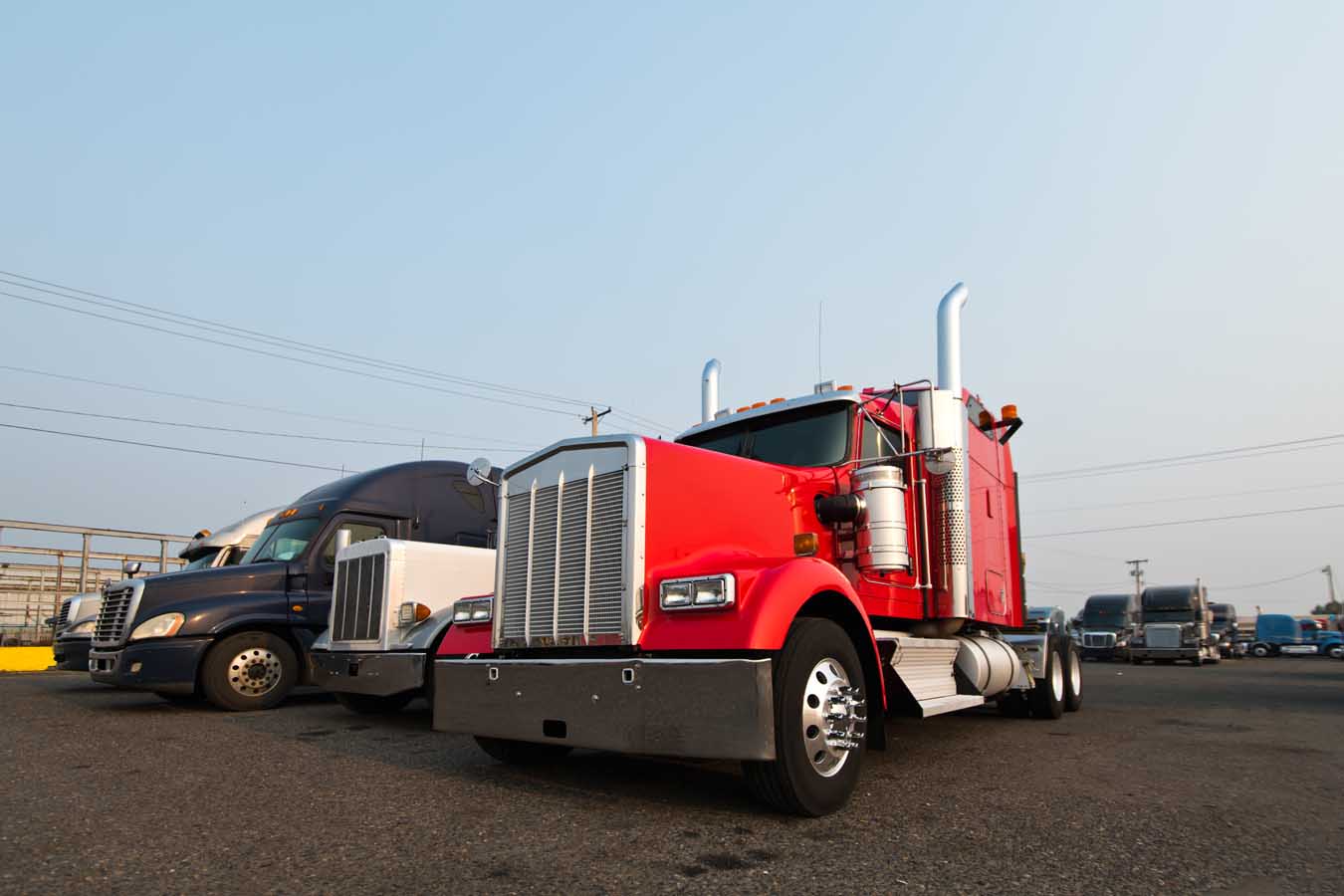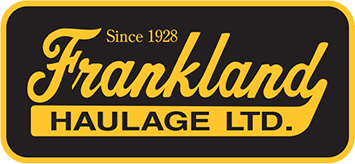How Does Flatbed Trucking Differ From Other Types of Trucking?
Flatbed trucking is a specialized form of transportation with distinct advantages and challenges. Frankland Haulage Limited, a leader in flatbed services, offers insights into how it differs from other trucking methods.
Unique Features of Flatbed Trucking
Flatbed trucking, as provided by Frankland Haulage Limited, is characterized by its open, flat platform that allows for versatile cargo transport. Unlike enclosed trucks, flatbeds have no sides or roof, making them ideal for carrying oversized, heavy, or irregularly shaped loads that wouldn't fit in standard enclosed trailers.
This type of trucking is often used for transporting construction materials, machinery, and large equipment. The absence of walls and a ceiling allows for easy loading and unloading from all sides, which can significantly speed up the process and reduce handling costs. However, this openness also means that cargo must be carefully secured to prevent shifting or damage during transit, requiring specialized tie-down equipment and expertise.
Comparison with Enclosed and Specialized Trucking
In contrast to flatbed trucking, enclosed trucking utilizes trailers with sides and a roof, providing better protection from weather and road debris. This is ideal for transporting goods that need to be shielded from the elements, such as electronics, clothing, or sensitive materials. Specialized trucking, which includes refrigerated or tanker trucks, caters to unique cargo needs like temperature control or liquid transport.
Frankland Haulage Limited’s flatbed services offer flexibility and accessibility for loads that don’t require the protection of an enclosed space but still need safe and efficient transport. Each trucking method has its own advantages based on the nature of the cargo and specific shipping requirements, making it essential to choose the right type for your needs.

